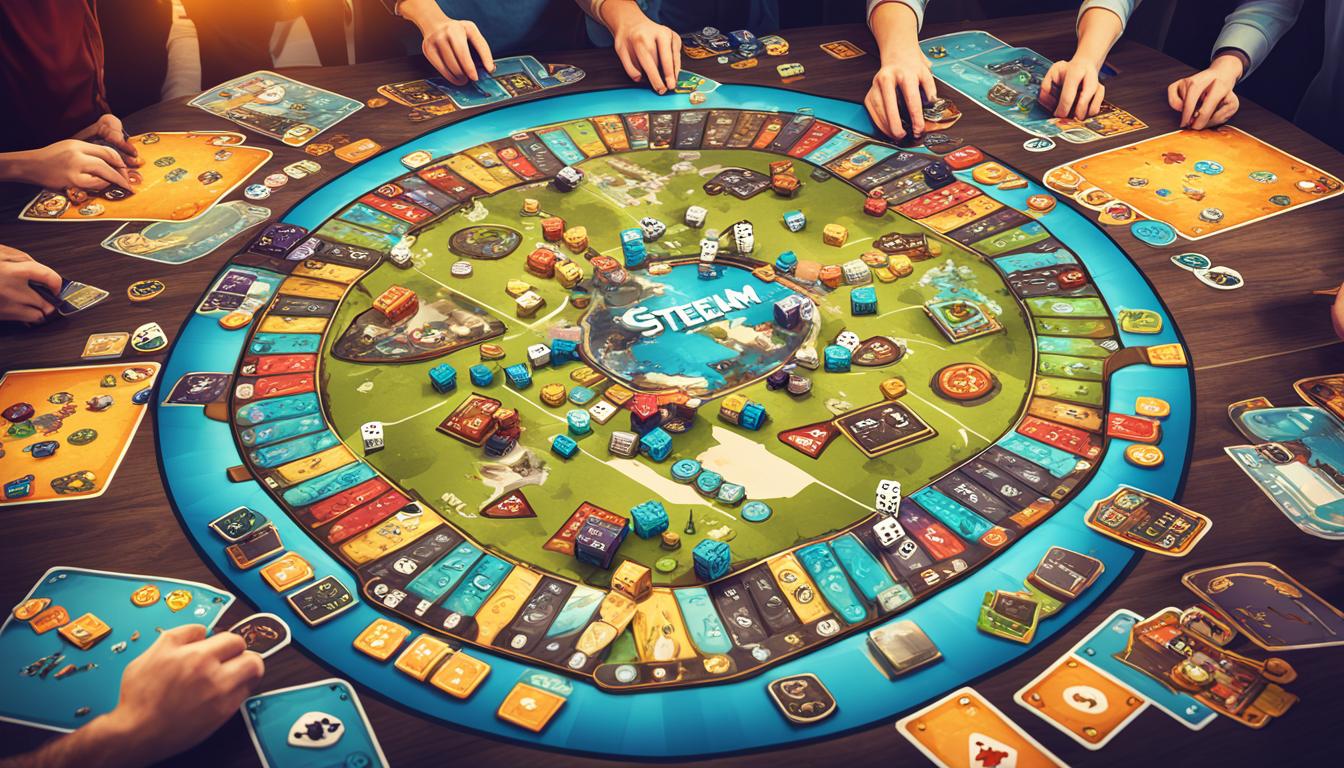Any avid gamer will know that gaming peripherals are an essential part of their entire setup. After all, gaming accessories are meant for gamers. According to research from Grand View Research, the global gaming peripheral market size was estimated at $5.14 billion in 2022 and is expected to grow at a compound annual growth rate of 10% from 2023 to 2030. This is due to the rising popularity of many gaming segments, including virtual reality (VR) and esports, fueling the demand for specialized gaming keyboards, gamepads, headphones, and other accessories.
While some people may argue that you don’t need gaming accessories to game well or more effectively, most gamers would argue that peripherals specially made for gaming help elevate the experience and immersion depending on the game. Today, gaming peripherals range from gaming mice with high polling rates for faster shots in your favorite FPS to intricate gaming chairs with various moving parts to ensure a tailored and comfortable experience.
However, there is also a niche for more unique gaming accessories you may not have heard of. Below, we’ll be sharing four gaming accessories you didn’t know you needed:
Table of Contents
Gaming glasses
Even if you don’t need glasses for vision correction or other eye conditions, investing in a pair of gaming glasses can be good for you and your eyesight. With so many new AAA games coming out every year, it would be a shame not to be able to enjoy the next-generation graphics and features if you can’t see them clearly. Unfortunately, monitors and screens emit harmful blue light, which can cause sleep disruption and eye strain after long periods of exposure.
Many gaming companies have since partnered with eyewear brands to make specialized blue light glasses, which are designed to protect your eyes from blue light exposure. Eyewear retailer Eyebuydirect makes blue light glasses that preserve visual comfort by filtering blue-violet light. Models like Algorithm and Vinyl look like regular eyeglasses, which is great if you’re looking for alternatives to more explicit gaming brands to be worn when not gaming.
Haptic gaming chair
A relatively new entry into the gaming peripherals market, haptic gaming accessories can help shape the future of next-generation gaming — think of the sci-fi gaming movie and book Ready Player One. In a previous post, we highlighted some tech gadgets millennial gamers should have, including haptic feedback accessories that can help gamers feel vibrations from the roaring engines of a car or virtual heartbeats in a boss battle.
In early 2024, gaming peripheral giant Razer introduced the company’s haptic gaming chair at the CES 2024. The prototype “Project Esther” haptic gaming cushion can make you feel everything in-game — “from explosions to the subtlest heartbeat.” The concept uses audio-to-haptic technology. In a test through a short round of Mortal Kombat: 1, reviewers noted each punch came with an emphasized blow from the system. While most haptic feedback these days comes from console controllers, it’ll be interesting to see the future of gaming.
Racing wheel and pedals set
Even if you aren’t a heavy-duty racing sim gamer, investing in a racing wheel and pedal set can elevate your gaming experience and significantly boost immersion. Of course, this may not be as effective for specific genres like MOBAs or shooters, but if you like driving around Los Santos in Grand Theft Auto V, a racing wheel and pedal set could transform your gaming session. Some gamers also use these gaming pedals as additional inputs for their games, such as a push-to-talk button for online games.
Recently, high-end headphones company Turtle Beach entered this gaming peripheral segment by introducing the VelocityOne Race racing wheel and pedal set. The system features a K-Drive motor that delivers feedback simulating what one might feel if you were really behind the wheel of a racing car speeding around a track. The VelocityOne also features Dynamic Brake Tek, which replicates the feel of braking in an actual car.
Eye tracking device
Finally, another gaming accessory you may not think you need is an eye tracking device. While it’s certainly not as necessary as a mouse and keyboard or controller, an eye tracking device functions as an additional input for in-game actions. Companies like Tobii have developed eye-tracking devices supported by over 170 video game titles that track head and eye movements without a wearable device. These can be used to target in-game enemies or look around in-game like you would with a VR headset.
Some gamers have also used eye trackers to help evaluate their recorded gameplay. For example, in first-person shooter games, eye tracking can help gamers improve and assess where they are looking during games. If you’re spending too much time looking at the bottom of the screen instead of the center — where your crosshair should be — then you know which area to improve on. Some gamers also use eye trackers to assess how fast their reaction and scanning time is in-game.










